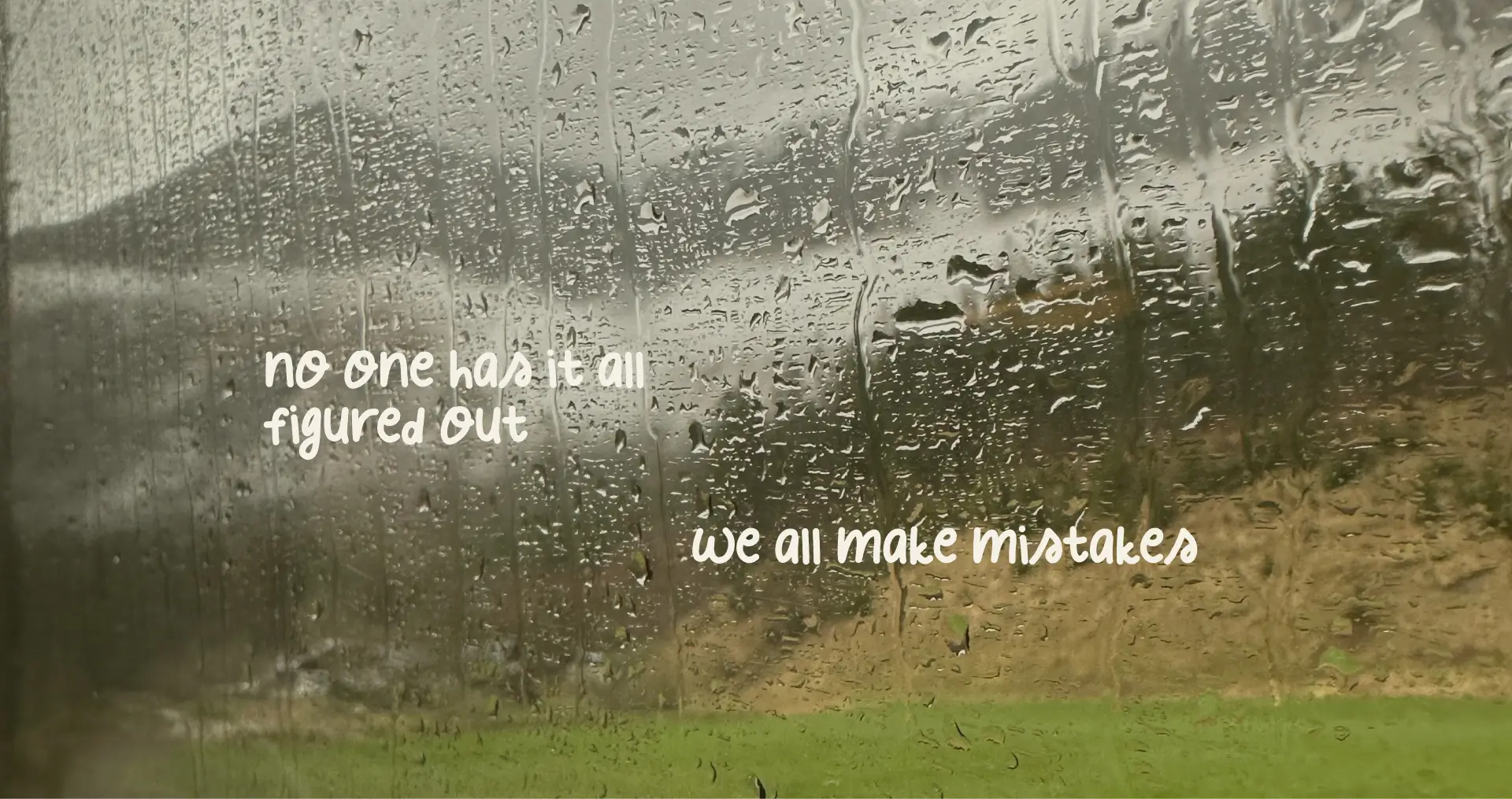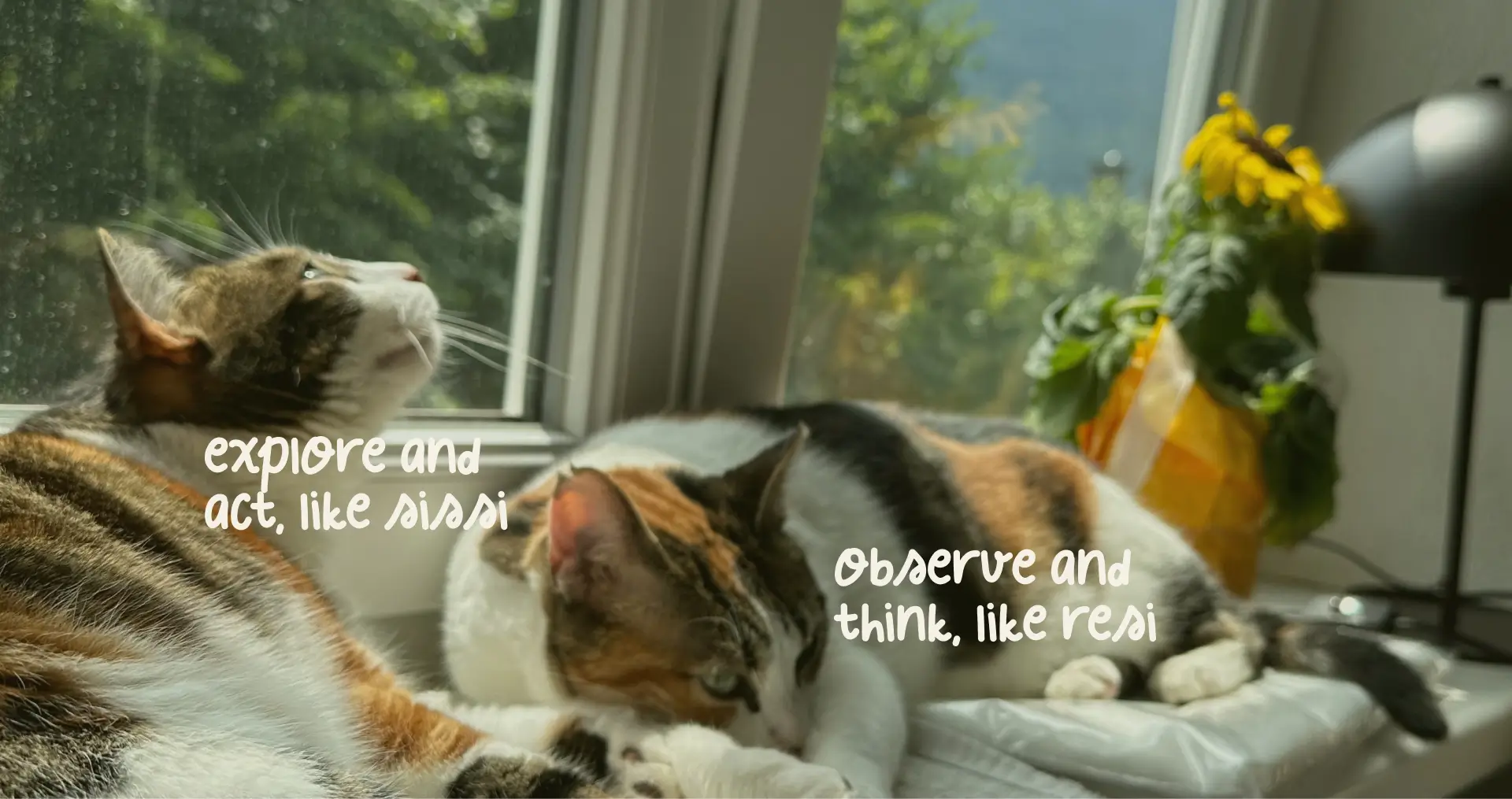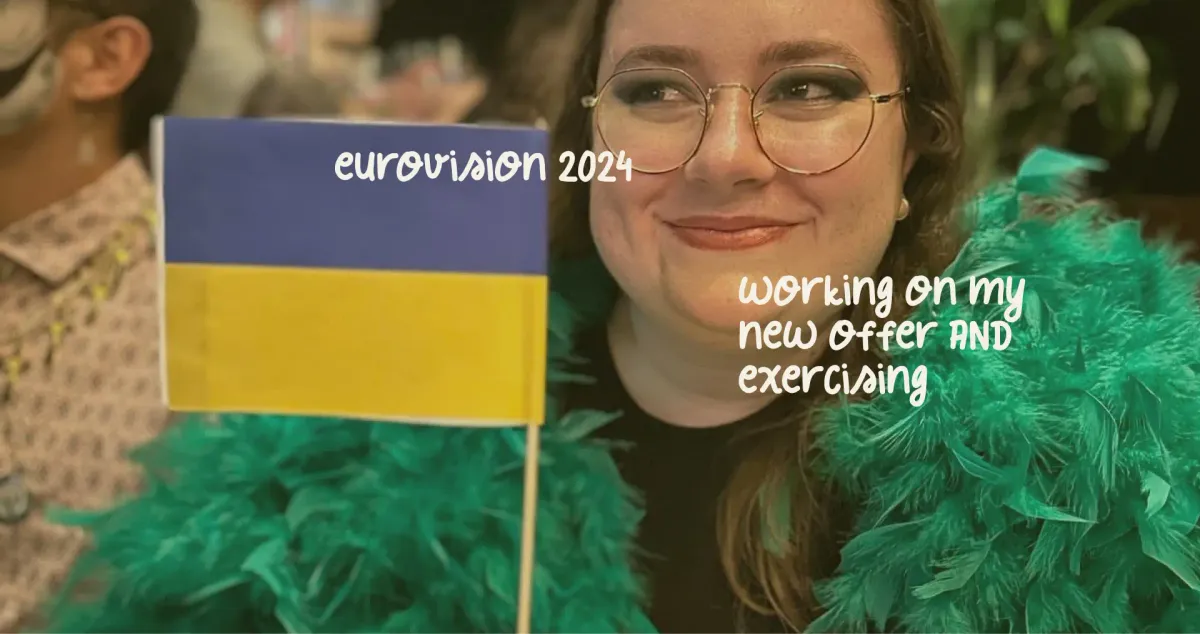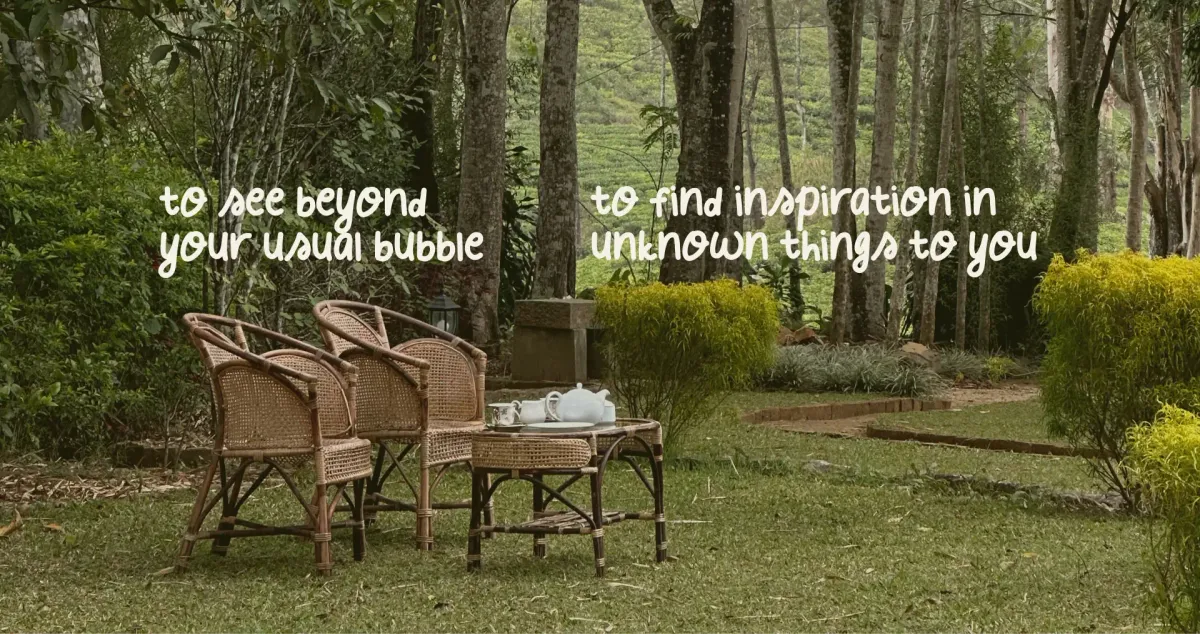I have a fear of failure. I'm not so special in that – which means, I'm not alone. (It's a rare thing but I think it makes us a community of a couple of billion people, at least.)
Yet, sometimes I feel like people package it in the sweetest look-back story, in an attempt to bond with others. "Oh dear, I've also been afraid of things. Look at me now, that fear drove me to success!"
These stories are often post-factum. "I did it. Read my story. You can also be like me. Use these proven techniques to replicate my success – soon to be yours."
To them: I wish you told this story while being in there. I wish you didn't stand by "proven" one-size-fits-all techniques, methods, you name it – because it gives false hope. Like there's a special state of "figuring it all out" that you reach and stay there forever.
To me and you: We're not an angry man shouting at the sky, there's no hate for success. I want the same – to accept failures and overcome fears, to succeed in my way.
And in the sea of look-back stories, I found the two most-comforting sentences that made me chuckle and sigh with relief. (Isn't this the point of such stories? I digress.) It's from the co-founder of Pixar, Ed Catmull.
In his book, "Creativity Inc" he writes about building a culture of creativity, while telling stories from Pixar's past, the struggles and how they faced them to become one of the most beloved animation studios in the world.
One particular story happens right after they released groundbreaking "Toy Story" – and grappled with how to replicate such success to its sequel, "Toy Story 2". (The original is known for the emotional depth of the story and its characters, how relatable it was for children and adults alike – all that the sequel at first lacked.)
For Pixar's team who ran on the passion for excellence and confidence from their first release, the first drafts and looming deadlines felt like a disaster. They didn't start at 0. They were no beginners. They came off success and had learnings and ideas in mind, to be better.
Yet, facing a new struggle set them back. Wait, didn't they have it all figured it out?
The Pixar team's response started with these two sentences that made them pivot and do it again. That's where their identity shone through. I present them to you:
"We thought we had it all figured out. We were wrong."





Comments